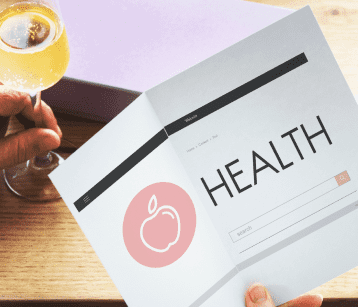Guide to eat well with kidney diseases
Understanding Kidney-Friendly Foods
Familiarize yourself with foods that support kidney health and those that may be harmful by consulting with your doctor. Focus on incorporating nutrient-rich, kidney-friendly foods such as fruits, vegetables, whole grains, lean proteins, and healthy fats into your diet. Limit foods high in sodium, potassium, phosphorus, and protein, which can strain the kidneys and worsen kidney function.
Balancing Macronutrients
Strive to achieve a balanced diet that includes appropriate proportions of carbohydrates, proteins, and fats. Work with a registered dietitian or healthcare provider to determine your individual macronutrient needs based on your kidney function, nutritional status, and other health considerations. Adjust your diet accordingly to support optimal kidney function and overall health.
Monitoring Fluid Intake
Pay attention to your fluid intake and monitor your fluid balance carefully, especially if you have kidney disease. Limit your fluid intake to the recommended amount prescribed by your healthcare provider to prevent fluid overload and minimize strain on your kidneys. Be mindful of consuming beverages with hidden fluids, such as soups, gelatin desserts, and ice cream.
Managing Sodium Intake
Reduce your sodium intake to help manage blood pressure and fluid retention, common concerns for individuals with kidney disease. Limit high-sodium foods such as processed meats, canned soups, fast food, and salty snacks. Opt for fresh or homemade meals seasoned with herbs, spices, and low-sodium alternatives to enhance flavor without increasing sodium intake.
Moderating Potassium and Phosphorus
Monitor your intake of potassium and phosphorus, as imbalances in these minerals can adversely affect kidney function. Choose low-potassium and low-phosphorus foods to prevent electrolyte imbalances and minimize stress on the kidneys. Avoid potassium-rich foods such as bananas, oranges, tomatoes, and high-phosphorus foods like dairy products, nuts, and processed foods.
Optimizing Protein Intake
Adjust your protein intake based on your kidney function and nutritional needs. Aim for moderate protein consumption from high-quality sources such as lean meats, poultry, fish, eggs, and plant-based sources like beans, lentils, and tofu. Consider consulting a dietitian to determine your optimal protein intake and incorporate protein-rich foods into your meals appropriately.
Supplementing with Vitamins and Minerals
Discuss the use of vitamin and mineral supplements with your healthcare provider to address any nutritional deficiencies related to kidney disease. Take supplements as recommended by your healthcare provider to ensure adequate intake of essential nutrients such as vitamin D, iron, and B vitamins, which may be compromised in kidney disease.
By prioritizing nutrition and making conscious dietary choices, you can effectively manage kidney disease and support your overall health and well-being. With proper nutrition guidance and support, you can enjoy a fulfilling and nourishing diet that promotes kidney health and enhances your quality of life.







